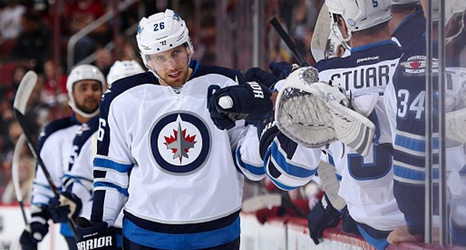Embarking on the thrilling extra innings of a hockey game, understanding how hockey overtime works unravels a suspenseful layer of the sport.
When regular play concludes in a tie, teams enter an overtime period with a sudden-death format. The primary objective is clear: be the first to score and seize victory.
Overtime introduces a strategic twist with a reduction in player strength, often transitioning from 5-on-5 to 3-on-3 or 4-on-4, amplifying the intensity and fostering dynamic plays.
For games still deadlocked after overtime, the intrigue extends to shootouts, where individual skills take center stage in a quest for that decisive goal.
